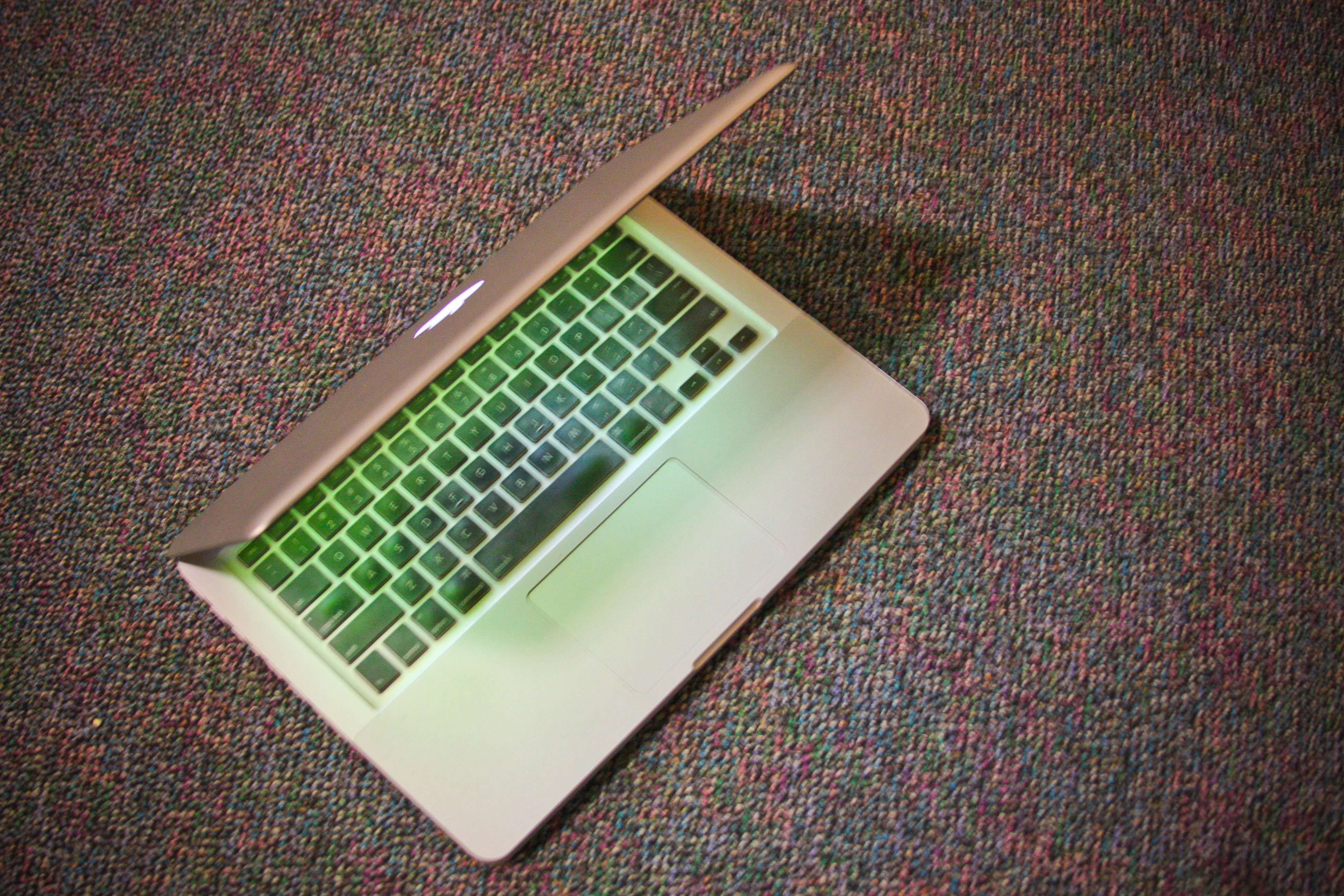Technology is going above and beyond with the new release of smartphones like the iPhone 5, Samsung Galaxy S3, iPads and tablets around the world. The screens and features continue to improve at a rapid pace. Smart phones are equivalent to carrying a handheld laptop around. Laptops are considered bulky in comparison to the smartphones, sleek tablets or iPad’s that are now available.
In some schools, such as Dakota High School, laptops are becoming mandatory and the education system is now providing laptops. This means students are always connected.
Dakota Collegiate has introduced mandatory compulsory laptops to classes for students in grades 9 and 10.
The amount of information that is available out there is growing exponentially as affordable technology reaches new markets with hundred dollar tablets. Technology in the classroom is becoming more and more the norm with this expansion.
There are a plethora of apps available, designed by students, made with the intention of aiding studies. These apps include: Quora, a social media app that allows you to pose a question and receive an answer from someone who is an expert in their area; WolframAlpha, an app that allows you to find a quick statistic relating to your research project; Do, an app for group projects that can make lists and add evens or study sessions in a group calendar; and Spenz, an app that allows students to keep track of their finances while in school, created by Ryerson students.
Although the paradigm behind these apps seems inherently useful and time-saving, questions of about the validity of the technology have been raised.
Ron Canuel, chief executive officer of the Canadian Education Association, has raised some of these questions himself. It seems to some society is ready to throw out the pen and paper.
“People assume everything else gets thrown out the window – they polarize things. The research is unequivocal, it’s not the amount of technology you use, it’s the quality,” said Canuel.
According to Canuel, and a recent study conducted by a non-profit organization called Media Awareness Network, students are not using this wealth of information appropriately in high school. This is causing issues for new college or university students due to the teacher’s inability to show students how to use the internet to their advantage.
According to the study, there is currently a gap between old-school pen and paper teaching and new-school teaching using technology. New, young teachers seem to be untrained on how to teach high school students the technology skills they need to continue using technology in university, while older more experienced teachers have been able to adapt.
Unfortunately not many studies exist yet for such technology. The next step in education is to bridge the gap with new research in order to create programs that better prepare teachers, which will then better prepare students.
Mandatory laptops were introduced to students in grades 3 to 11 in 2003 in Quebec’s Eastern Townships.


